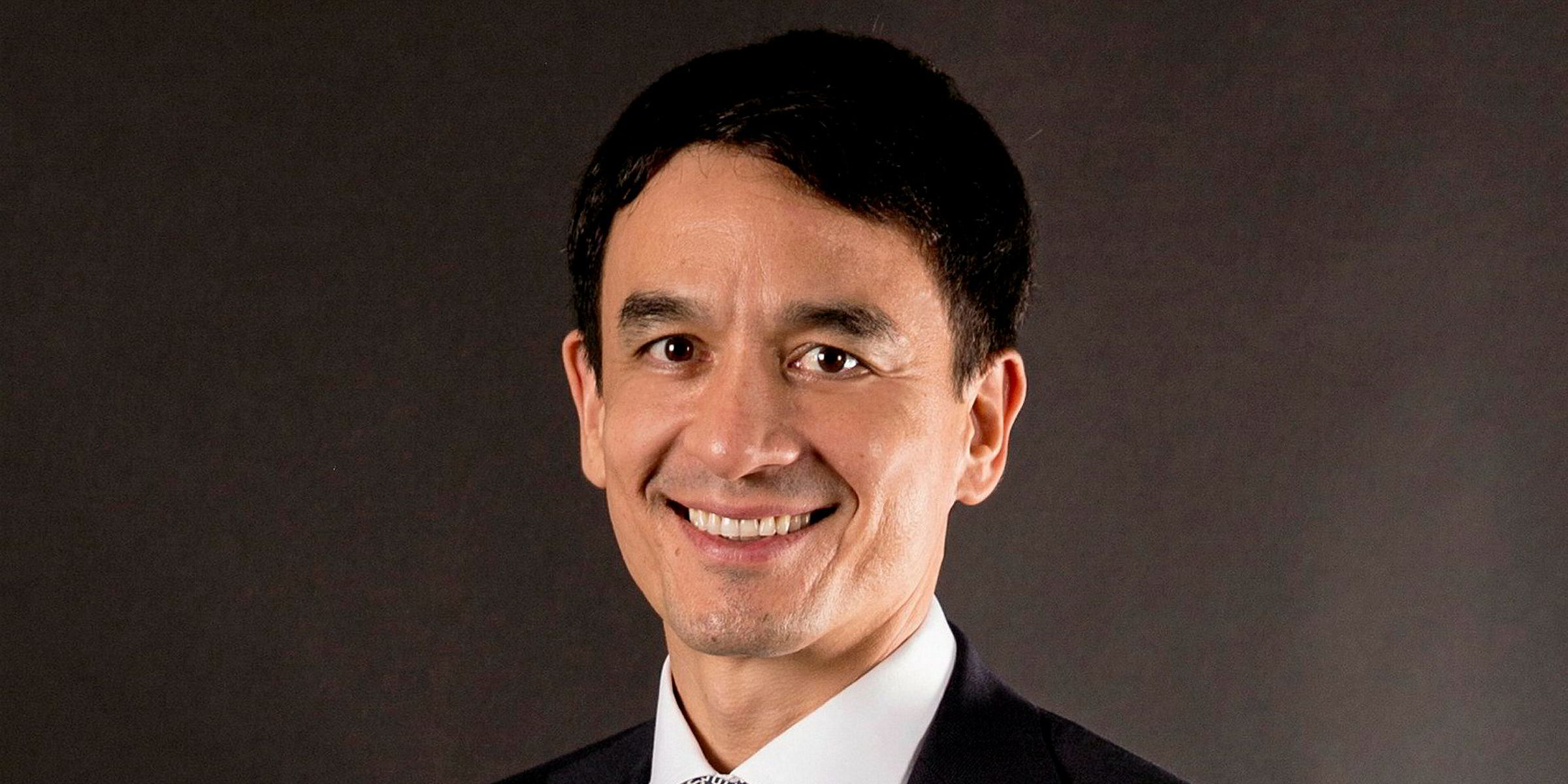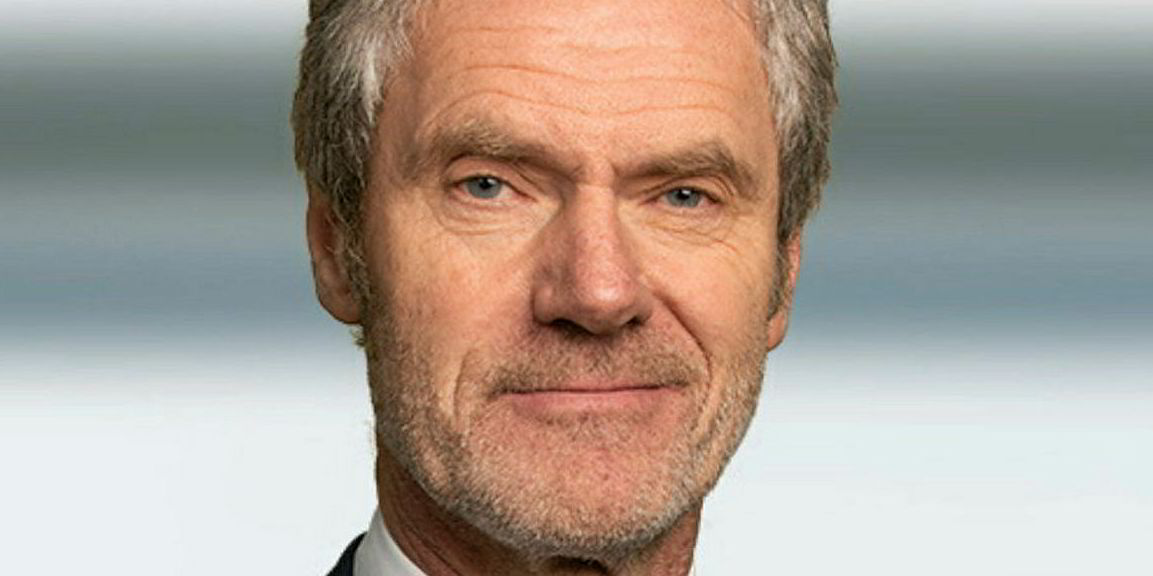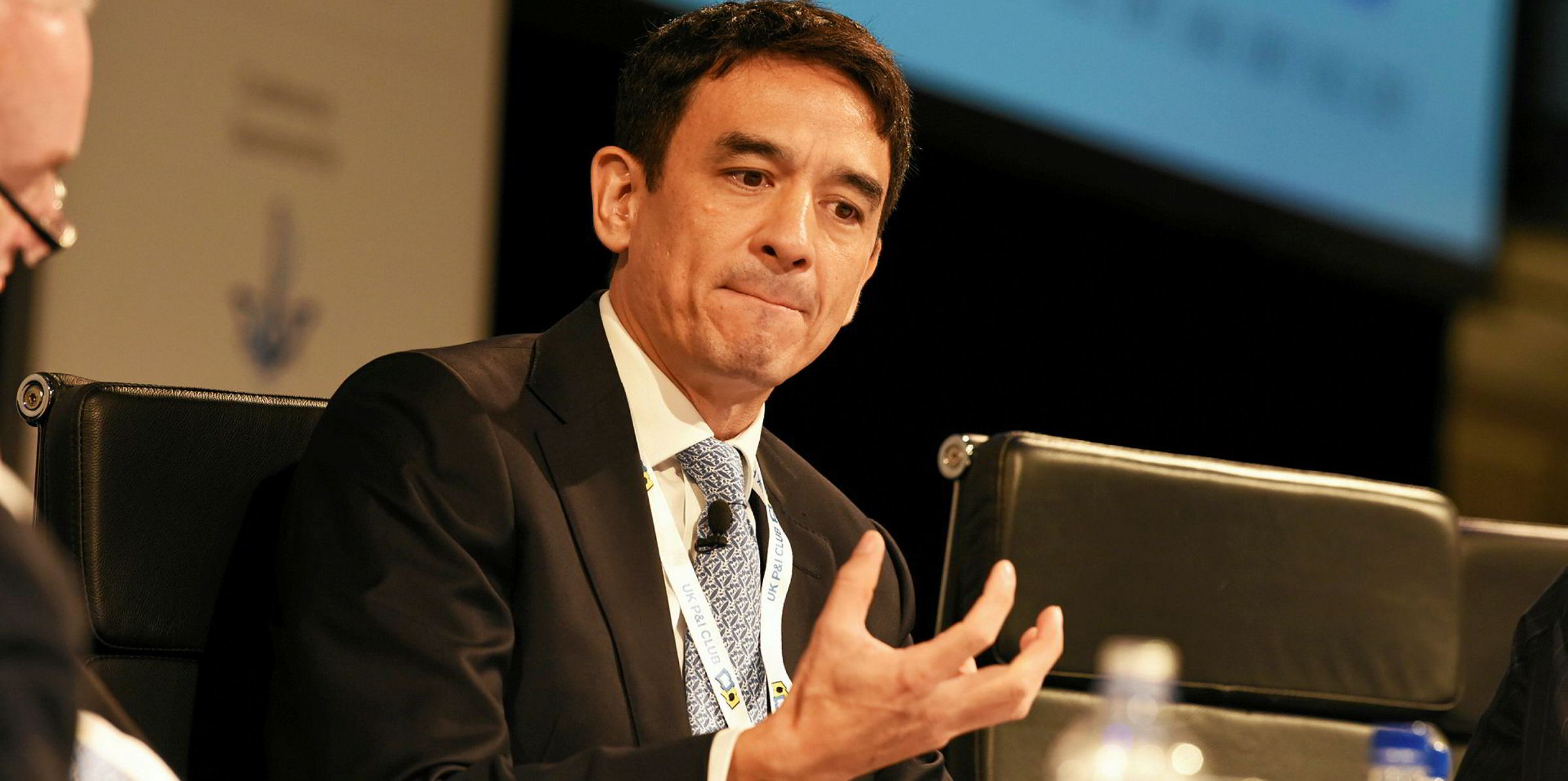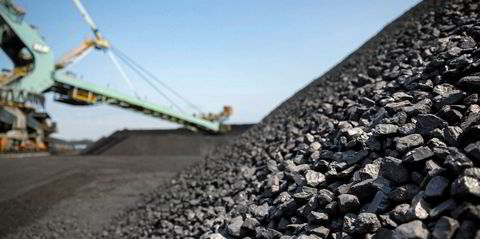Nuclear power ticks all the boxes for reducing ship emissions to negligible levels, Andreas Sohmen-Pao has said.
But the BW Group chairman cautioned that it comes with too much danger.
“It will change the industry in a massive, possibly catastrophic way,” he told panellists at a webinar organised by the Norwegian Business Association in Singapore.
Sohmen-Pao was not referring to safety issues. Instead, he argued that the effect they could potentially have on the commercial shipping markets could be devastating.
“Ships will be going 50% faster because the fuel is practically free," he said. "That means we will need fewer ships.”
And, with 40% of the global fleet transporting energy, He added that a major worldwide shift towards nuclear energy would lead to most tankers sailing with empty cargo tanks.
Sohmen-Pao's comments came in response to a question on shipping’s fuels of the future.
He said the BW Group was adopting a mixed, flexible approach for the next 10 to 15 years.
The company has been looking at and implementing a wide range of options, including converting LPG and LNG carriers to run on their respective gaseous cargoes, and using LNG dual-fuel power systems on tankers.
Batteries are a serious contender for shortsea vessels — and, to facilitate this, BW Group has invested in Corvus Energy, described as the market leader of large-scale energy storage systems for ships.
It has also made investments in the biofuel sector, and is looking seriously at methanol.
Sohmen-Pao added that while hydrogen and ammonia are interesting, their potential for use as marine fuels were still “further out” on the time scale.
On the nuclear front, Sohmen-Pao said he had recently encountered at least three other shipping companies that had showed interest in nuclear-powered vessels, but he did not indicate support for this from the BW Group.
Sohmen-Pao chairs the Singapore Maritime Foundation and its international advisory panel on maritime decarbonisation. The panel brings together a number of industry heavyweights tasked with developing a strategy for the island nation as part of its contribution towards the International Maritime Organization’s goal to cut annual greenhouse gas emissions from international shipping by half by 2050.
A strong advocate of a sector-wide carbon levy for shipping, he is also a strong supporter of the IMO.
“The great power and beauty of the IMO is that we move the whole industry forward, and we go far because we do it together,” he said. "The flip side is that it takes time."






